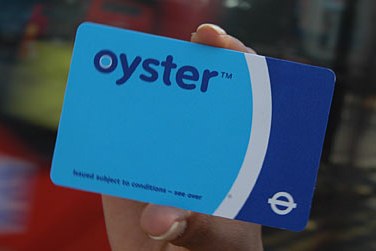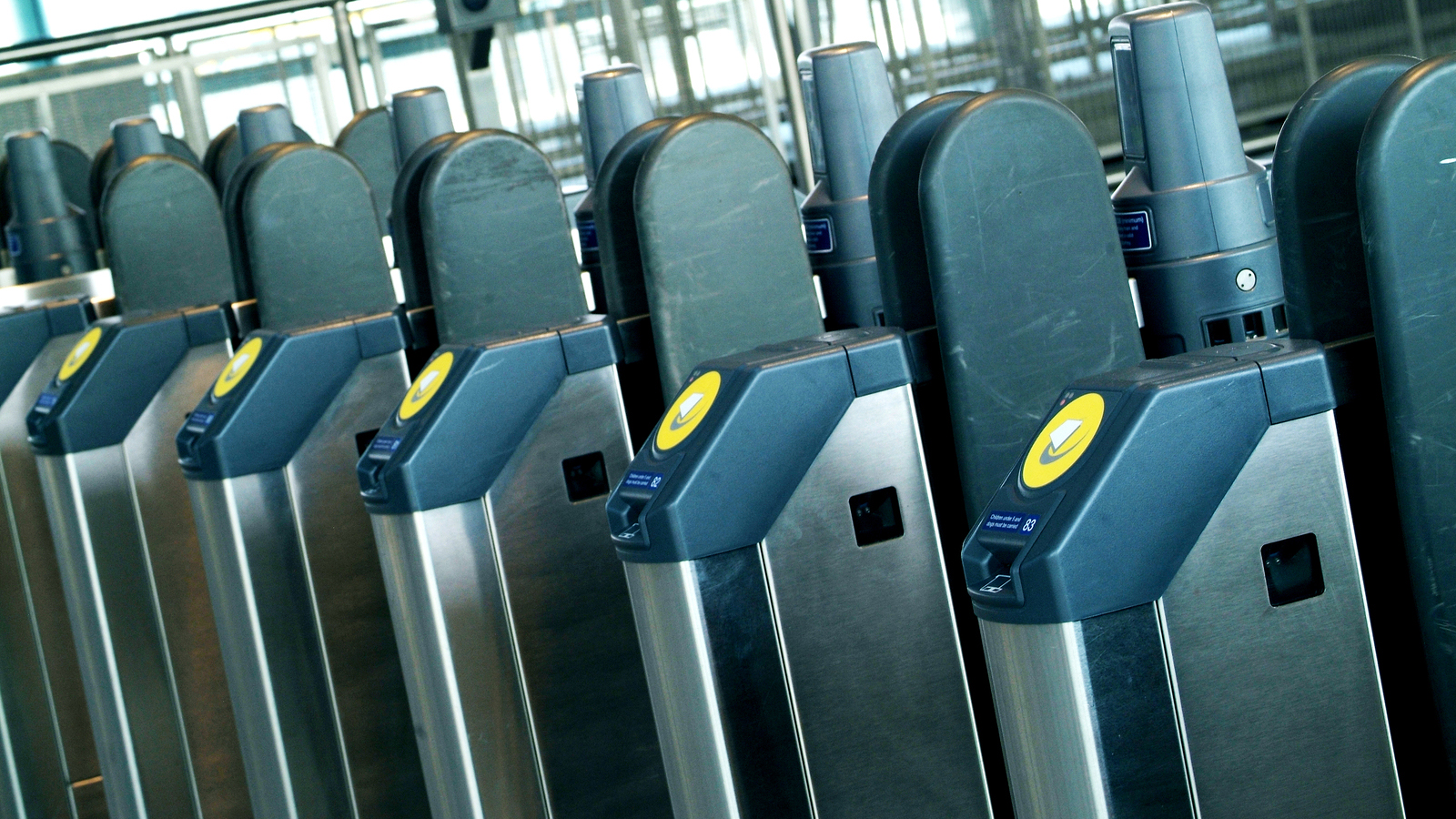TfL terminates £100 million Oyster contract
Weeks after the system failed, Transport for London has ended the Oyster card contract seven years early.


Transport for London (TfL) has ended a 100 million contract for the Oyster fare swipe cards seven years early.
The public finance initiative (PFI) contract with TranSys, a consortium which helped develop and manage the system, started in 1998 and was set to run to 2015, but TfL opted to leave at the ten-year break clause point. There is no cost to TfL for ending the contract early, a TfL spokesman said.
It's the latest controversy to hit the Oyster card system. Last month, the system failed twice in the space of a week, corrupting cards and forcing TfL to let travellers ride for free. At the time, TfL blamed the trouble on TranSys, saying the firm sent them incorrect data tables.
And, researchers recently released a hack to the cards, which could potentially allow them to be cloned.
A spokesman for TfL told IT PRO that the contract break was "unrelated" to the technical difficulties, and had to do with cost savings.
Shashi Verma, TfL's director of fares and ticketing, said in a statement: "As part of this we are looking at more cost effective ways to manage and develop the Oyster card system that we expect will save millions over the next few years. The savings will be reinvested to deliver further improvements in London's transport system."
In a statement, TranSys said: "The London transport system has changed dramatically over the past ten years. For the benefit of all stakeholders, contract negotiations have been taking place over the last year between TranSys and TfL. The TranSys consortium will continue to operate and deliver for the next two years."
Sign up today and you will receive a free copy of our Future Focus 2025 report - the leading guidance on AI, cybersecurity and other IT challenges as per 700+ senior executives
The swipe card system was introduced in 2003, and some six million cards are in use across bus, train and underground journeys in London.
Freelance journalist Nicole Kobie first started writing for ITPro in 2007, with bylines in New Scientist, Wired, PC Pro and many more.
Nicole the author of a book about the history of technology, The Long History of the Future.
-
 This live map of every London Underground tube train will make you appreciate open data
This live map of every London Underground tube train will make you appreciate open dataNews The mesmerising project wouldn’t be possible without TfL’s open API
-
 Uber's top UK exec quits
Uber's top UK exec quitsNews Jo Bertram leaves for new role, but says "current challenges" mean a change of face is necessary
-
 TfL passes 1 billion contactless journeys
TfL passes 1 billion contactless journeysNews Almost half of pay as you go users are opting to pay via contactless technology
-
 TfL hopes to ease traffic with crowdsourced data
TfL hopes to ease traffic with crowdsourced dataNews The organisation has teamed up with Waze to offer real-time information about traffic congestion
-
 TfL implements e-paper bus stop signage
TfL implements e-paper bus stop signageNews The signs will show real-time scheduling of buses rather than the digital info seen on some stops
-
 TfL pays Atos £6m as part of move to a SIAM model
TfL pays Atos £6m as part of move to a SIAM modelNews Transport body impressed with outsourcer’s experience in handling service desk operations
-
 Amazon teams up with Post Office for online deliveries
Amazon teams up with Post Office for online deliveriesNews Argos also bringing click and collect to underground stations
-
 TfL brings contactless payments to London's tube network
TfL brings contactless payments to London's tube networkNews Following trials on buses, you can now use your contactless payment cards on London Underground and Overground lines


